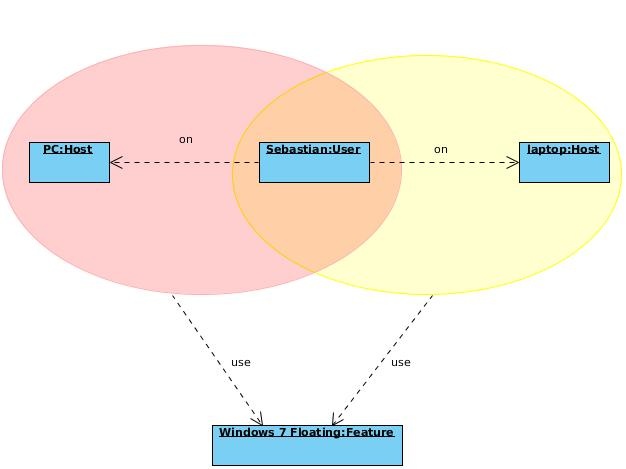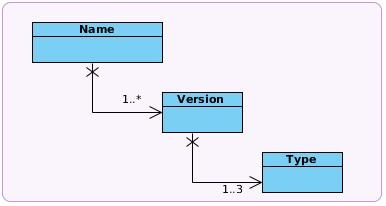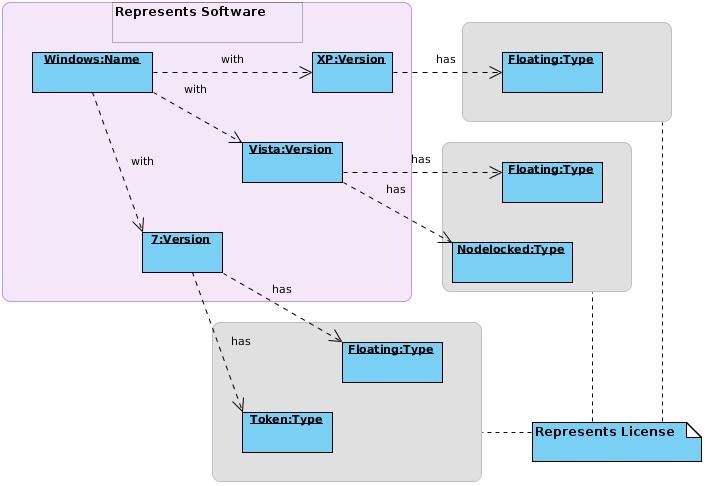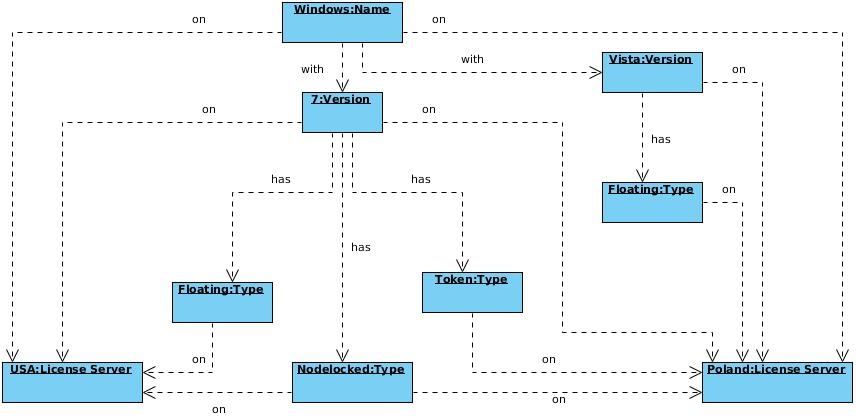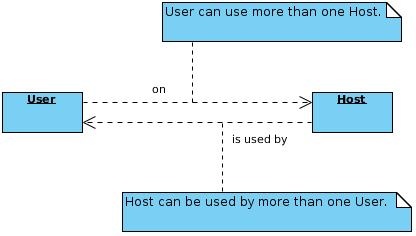This glossary lists terms that are specific to License Statistics and license usage monitoring.
Actions | ||||
| Request for license | A request made by a user to obtain a particular software license. | |||
| Borrow | A type of license usage that allows a user to use a network license without being connected to the license server. | Borrowing is commonly used in cases such as taking a laptop computer home for the weekend or for traveling off-site, giving a user access to the software when a connection to the network is not possible.|||
| Client application | A software program that requests or receives a license from a license server. | |||
|---|---|---|---|---|
| Configuration file | The License Statistics configuration file, xflicstat.cfg, which specifies settings such as License Statistics output file paths, update intervals, and the host server information of the applications for which License Statistics will gather statistics. | |||
| Denial | The denial of a request for a license. | |||
| Feature | The definition of any functionality of an application that is licensed. A feature has a name and one or more versions and license types. The definition of a feature depends on how the software vendor distributes an application, but might include (for example):
The parts of a feature include:
| |||
| Feature name | The name of a software feature; for example, Windows. | |||
| Floating license | A license that runs an application for users on a network. A license server is required to manage a floating license. With this type of license, the number of concurrent users is counted, with the licensed application usable by only a specified number of users at any time. Also referred to as network license or shared license. | |||
| Feature version | The version of a feature; for example, for Windows, versions include XP, Vista, 7, 8 and so on. | |||
| Gathering Type | The type of data collection for a license server in License Statistics, which determines the license server type (Realtime or Imported) | |||
| Host | The computer on which a user is accessing a license. | |||
| Usage | Refers to the use of a license, which means that the license is taken from a pool of available licenses. A user can use a feature on more than one host, each getting their license from the same license server as shown below.
| |||
| Denial | The denial of a request for a license. | |||
| Monitoring | Gathering realtime information from a particular license server about feature usage details | Imported license server | A license server that is being monitored using existing data in one or more license server logs. | |
| Importing | Gathering information from a license server log file about | licensefeature usage details. | Node-locked license | A license that runs on a single specific machine, as opposed to being on a network. Node-locked licenses do not require a license server because they are uncounted.|
Entities | ||||
| Software | An application. | |||
| Log file | One or more ASCII text files written by a license server. Log files contain information that can be imported into License Statistics and used to track license usage. (See Imported license server.) | |||
| License | fileA text file shipped to an end user, which provides one or more features. | License | managerA solution that provides the ability to manage licenses. (See also license server.) | |
| License request | A request made by a user to obtain a license for particular application. | |||
| License server | A license server is defined as a software application hosting licenses for a single software vendor (e.g. vendor daemon), and not a physical machine. A license server is required to manage a floating license. | |||
| License server group | Two or more license servers that are treated as one by License Statistics. | |||
| License type | The type of licensing used for a feature, which can be floating, node-locked, or token. | |||
| Linux system | Refers to Linux, Solaris, HP-UX, AIX, Mac OS X and FreeBSD platforms. | |||
| Monitored license server | Realtime license server for which License Statistics is gathering license usage data. | |||
| Monitoring | Gathering realtime information from a particular license manager about license usage details. | |||
| Query Interval | A value (number of minutes) specified for how often License Statistics will gather feature usage data for a monitored license server. | |||
| Realtime license server | A license server that is being monitored at specified intervals to gather data about usage as it occurs. | |||
| Software | An application. | |||
| Token license | A license whose usage is calculated using tokens instead of an actual number of licenses. | |||
| Usage | Refers to the use of a license, which means that the license is taken from a pool of available licenses. | |||
| User | An application or person that requests a license. | |||
| Vendor | The developer/distributor of a software application using a particular license manager. | |||
| Windows system | Refers to Win32 or Win64 platform. | |||
Diagrams
A feature and its parts
...
| for particular software. | |
| Feature | The definition of a software license. The parts of a feature include:
The following diagram shows a software feature and its parts. A feature consists of a name and has one or more versions and types associated with it.
|
Example of a feature and its parts
...
The following diagram shows an example of a software feature and its parts. This feature has three different versions of the software (Windows XP, Windows Vista, and Windows 7), which each have one or more types of licensing (floating, node-locked, or token). |
...
|
Example of a feature on license servers
...
The following diagram shows features being hosted by a license server. |
...
In this example, we have two different versions of Windows, Windows 7 and Windows Vista. Note that the Windows 7 version is on two license servers, but the feature Floating under Windows 7 is on only one license server.
|
| User |
User on Hosts report
...
| An application or person that requests a license. | |
| Host | The computer on which a user is accessing a license. A user can use a feature on more than one host, and a host can be used by more than one user, as shown below.
|
| License server | Software hosting licenses for a single software vendor. A license server can be one of the following:
|
User Using Feature report
This diagram shows how License Statistics gathers information for the User Using Feature report. As shown in this diagram, a user can use a feature on more than one host, each getting their license from the same license server.
| |
| Vendor | The manufacturer of a software application using a particular license manager. |
| Gathering Type | The license server type (Realtime or Imported). |
| Query Interval | A value (number of minutes) specified for how often feature usage data is gathered for a monitored license server. |
| Linux system | Refers to Linux, Solaris, HP-UX, AIX, Mac OS X and FreeBSD platforms. |
| Windows system | Refers to Win32 or Win64 platform. |
